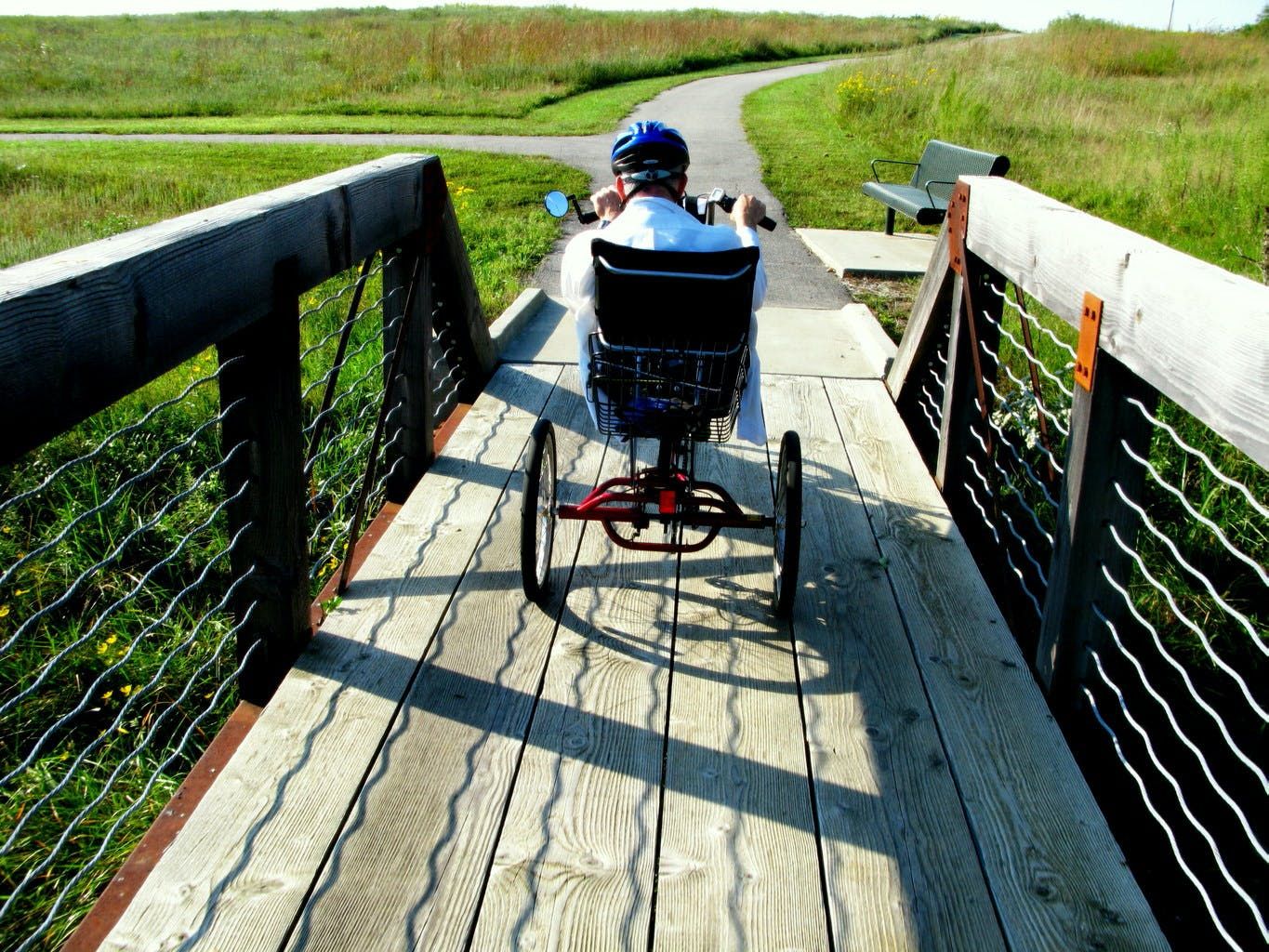According to the National Institutes of Health (NIH), Parkinson’s disease is a progressive neurodegenerative disorder that destroys dopaminergic neurons. This affects movement, muscle control, balance and other key functions. Parkinson’s is classified as part of a group of conditions known as motor systems disorders.
The cause of Parkinson’s disease is still not known, though certain gene variations seem to increase the risk of Parkinson’s, indicating that the disease may be hereditary in some cases. Environmental factors may also increase risk though this is only thought to occur in a small percentage of those afflicted. There’s no cure for Parkinson’s disease though conventional treatment such as deep brain stimulation as well as certain medications have been found to help manage the disease.
Recently, the use of medical marijuana as an alternative therapy has received much attention as a potential breakthrough for Parkinson’s disease.
RELATED: HOW CANNABIDIOL, OR CBD, CAN HELP WITH PARKINSON’S DISEASE
Historical Use of Cannabis for Parkinson’s Disease
The discovery of cannabis as a treatment for Parkinson’s disease dates back to the late 1800s. William
Gowers found that "Indian hemp" (cannabis) helped control tremors in Parkinson’s patients.
Of the power of cannabis and opium in combination, he stated, "I have several times seen a very distinct improvement for a considerable time under their use." It wasn’t until the 21st century that cannabis was reintroduced as an effective alternative to pharmaceutical drugs as a means of treating the symptoms of Parkinson’s disease, thanks to its minimal side effects.
Treating the Symptoms of Parkinson’s Disease With Medical Marijuana
Though the use of medical marijuana remains controversial, its effects on Parkinson’s disease have been documented. Cannabis has the potential to work as a neuroprotective agent by improving the function of mitochondria and the activation of cellular debris clearance. Meanwhile, according to David
Esparza, who has battled the disease for 13 years, cannabis oil has helped improve his attitude and reduce his shaking.
In a recent study conducted by the NIH, results suggested the effectiveness of marijuana for Parkinson’s symptoms. According to the National Biotechnology Information (NCBI) arm of the NIH, 22 patients had favorable results in clinical trials in both 2011 and 2012.
Users’ total scores on the Motor Examination portion of the Unified Parkinson Disease Rating Scale improved significantly from the mean score of 33.1 at baseline to 23.2 after cannabis consumption. Analysis of specific motor symptoms revealed significant improvement in tremors as well as sleep and pain scores after smoking cannabis for 30 minutes. The study concluded that cannabis may have a therapeutic effect on Parkinson’s disease symptoms. That said, a large-scale study should be conducted to further measure the success of treatment with cannabis.
More Research Needed on Cannabis for Parkinson’s, But Preliminary Results Show Promise
While more research needs to be done to study the long-term effects of using medical marijuana for Parkinson’s disease, 23 states have now legalized cannabis oil. More states are in the process of enacting bills to follow suit, which should make medical marijuana more widely available to Parkinson’s patients who are in search of a breakthrough—big or small—that results in increased mobility, a reduction in pain and tremors, a boost in mood and ultimately, an improved quality of life.
Photo credit: OakleyOriginals
If you’re new to cannabis and want to learn more, take a look at our Cannabis 101 post. HelloMD can help you get your medical marijuana recommendation; it’s easy, private and 100% online.






